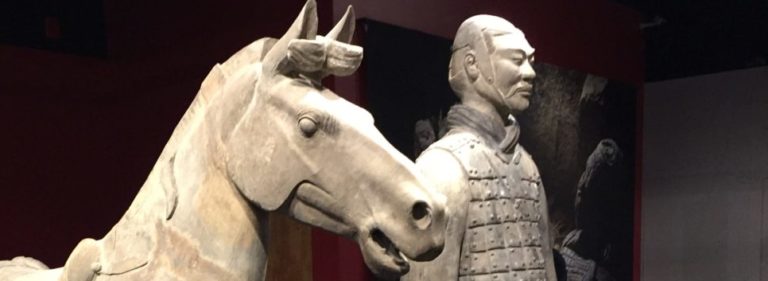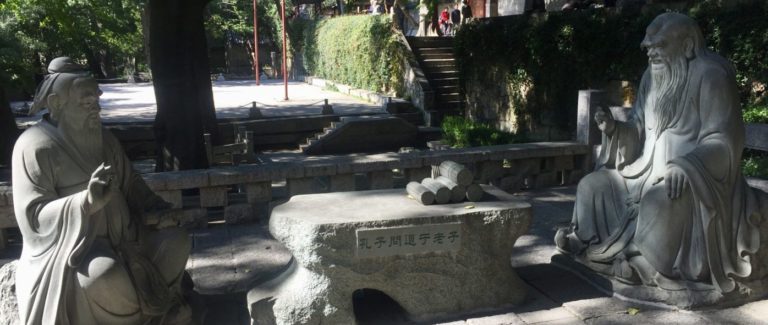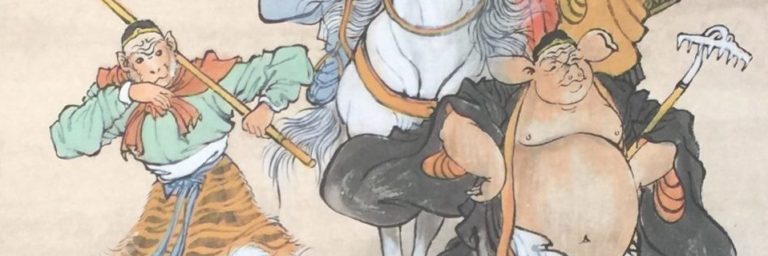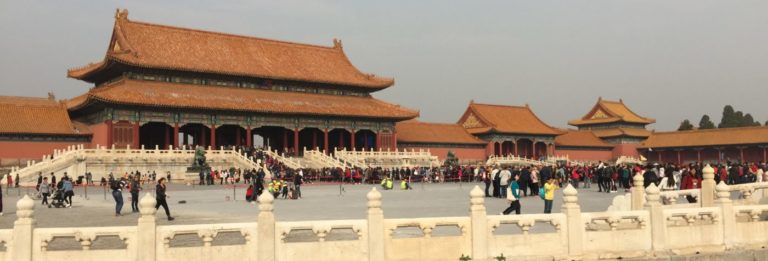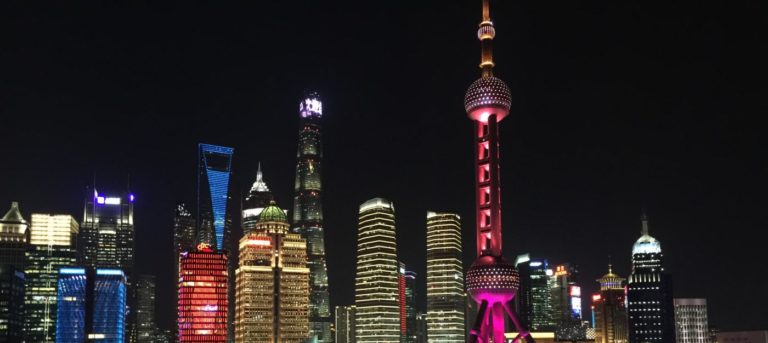In the mid-Nineteenth Century, while the British were leading the colonial charge in China, the other Western powers were also looking for opportunities. Not to be outdone, the US sent the “Black Ships” of Commodore Matthew Perry to Japan in 1853 to pry open the trade doors that had been closed for 250 years. With classic American subtlety, Perry steamed into Edo harbor, aimed his guns at the nearest town and demanded a treaty. Not our proudest moment. But, at least, we weren’t pushing opium. See Breaking Open Japan: Commodore Perry, Lord Abe, and American Imperialism in 1853.

The Japanese signed the treaty reluctantly and recognized immediately that they were extremely vulnerable to the more powerful, modern Western military technologies. So, first, they toppled the last Shogun and re-established the emperor in the Meiji Restoration. Then, they sent Japanese envoys to Europe to study the new technologies and strategies of the new industrial powers.
With focus and effort, they industrialized Japan, with an emphasis on military power, so they would not have to worry about any invasions. They patterned their navy after the British and their army after the Germans. They quietly became a force with which to be reckoned. Over a century later, Deng Xiaoping from China referenced the rapid Japanese industrial progress of this period when he defined what China needed to do to modernize.
Industrialized nations need energy for their factories. That meant coal. Korea had coal. Korea was also the route taken by the last guy to attempt an invasion of Japan, Kublai Khan, six hundred years earlier. So, the first military objective of the Japanese was to wrest political control of Korea from China. The Chinese military had been shown to be weak throughout the nineteenth century. So, after some preliminary squabbles, the Japanese surprised the Chinese and took control of Korea in very short order, during the brief Sino-Japanese war of 1894.
There are a billion books on WWII, and so many aspects and themes to the War, we will not attempt any suggestions at this time. If you get the chance in your travels to visit the USS Arizona Memorial National Park in Hawaii, you will definitely be moved.

![Matsushima(Bertin)[1] Flagship of the Japanese Fleet](https://cruisereader.com/wp-content/uploads/2012/09/MatsushimaBertin1-229x300.jpg)
